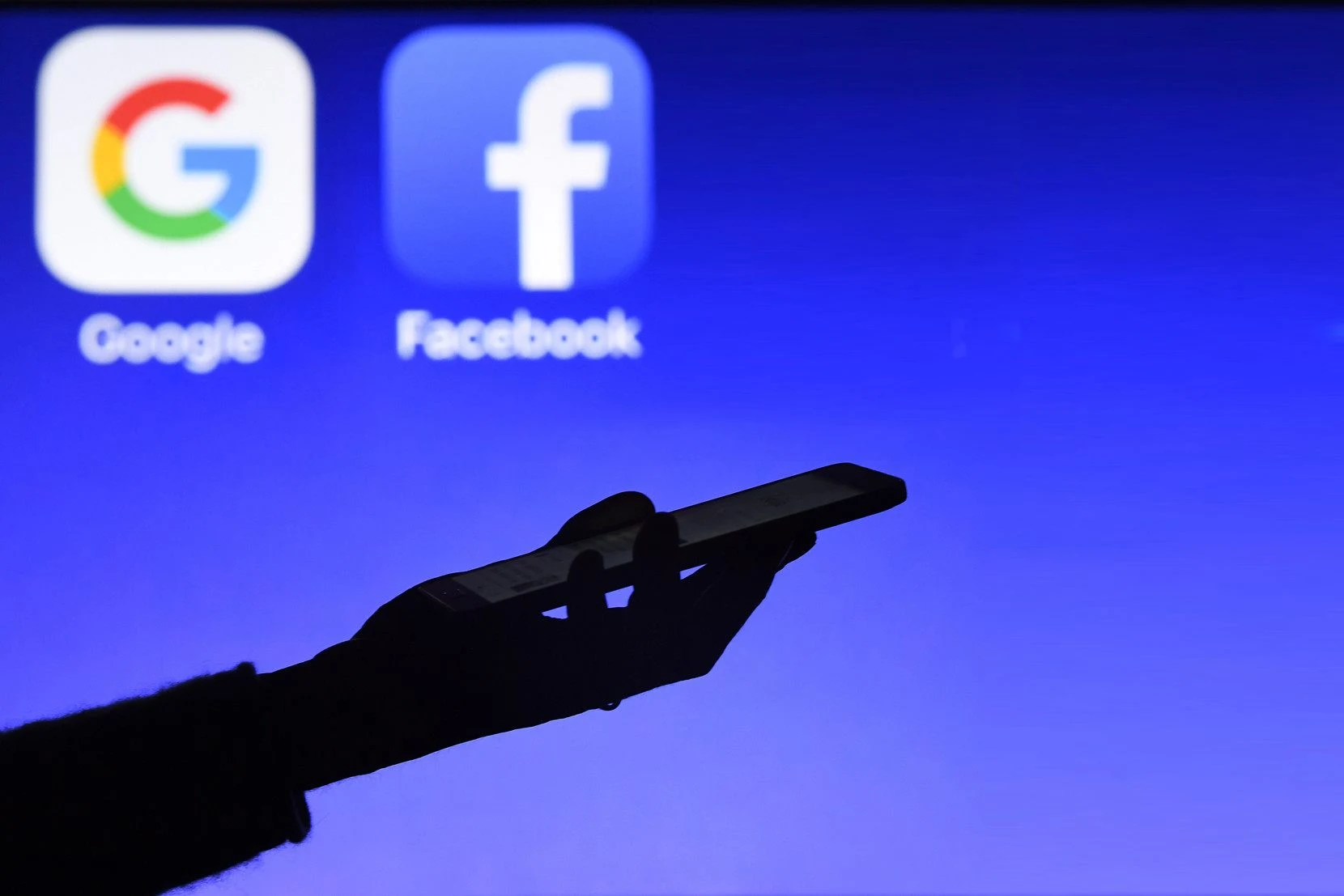Facebook and Google have recently been exposed to be part of an agreement that, while allowing both companies to coexist in a highly competitive marketplace, might invite a rather negative public reception and a closer look at each company's business models.
Currently, it hardly seems like either company can afford such scrutiny. Facebook is caught up in a very unenviable whirlwind of accusations and lawsuits. It's subsidiary social media application, WhatsApp, has recently lost an impressive swath of its userbase over a policy update regarding data sharing with Facebook. Facebook's also been challenged in court by the Federal Trade Commission over the accusation of illegal monopolization and forceful reduction of competition.
Google, while faring better than Facebook, has its hands full with a rather unfortunate lawsuit issued in Texas (and further involving 8 other states) regarding anti-trust. Accused of rigging online ad auctions in the favor of earning more from bigger companies, and thus leaving the up and coming ones reliant on ad revenue out to dry, the tech giant's on a warpath as it fences accusations with denial and the like. However, the New York Times and Wall Street Journal noted an important detail from the legal proceedings that we'll shed some light on.
Apparently, Facebook and Google have been in a non-competitive deal since as far back as 2018. Dubbed Jedi Blue, although the honorific title of Jedi hardly seems appropriate here, the deal provided Facebook with certain advantages in the playing field, such as more bidding time and audience metrics from Google itself. In turn, Facebook agreed to spending no less than $500 million on ad slots, and bids on over 90% of the available fare. Thus, both companies entered a symbiotic relationship, to the detriment of all competitors.
Now, why is this news cause for alarm? Businesses should be able to enter deals, no? Well, this particular deal more or less outcasts the small companies and businesses that Google apparently wishes to cater to by keeping bidding values flexible. When Facebook is being actively given first pick along with a large share of ad slots, smaller companies won't be able to compete. Not to mention that Google's inability to clarify the presence of this deal to all potential bidders on the platform seems murky at best and dishonest at worst.
At any rate, the lawsuit is still ongoing. Representatives from both Google and Facebook are vehemently defending the existence of Jedi Blue, stating that the deal is in no way nefarious or even anti-competitive. That decisions does ultimately reside with the court of law, however, and there's no knowing how long such a case can drag on. Either way, let's hope it concludes with large corporations choosing to be or forced to be more upfront and honest in their dealings.
Photo: Getty
Read next: Law enforcement agencies are looking for dents to invade user privacy through the loopholes in Android and iOS ecosystems
Currently, it hardly seems like either company can afford such scrutiny. Facebook is caught up in a very unenviable whirlwind of accusations and lawsuits. It's subsidiary social media application, WhatsApp, has recently lost an impressive swath of its userbase over a policy update regarding data sharing with Facebook. Facebook's also been challenged in court by the Federal Trade Commission over the accusation of illegal monopolization and forceful reduction of competition.
Google, while faring better than Facebook, has its hands full with a rather unfortunate lawsuit issued in Texas (and further involving 8 other states) regarding anti-trust. Accused of rigging online ad auctions in the favor of earning more from bigger companies, and thus leaving the up and coming ones reliant on ad revenue out to dry, the tech giant's on a warpath as it fences accusations with denial and the like. However, the New York Times and Wall Street Journal noted an important detail from the legal proceedings that we'll shed some light on.
Apparently, Facebook and Google have been in a non-competitive deal since as far back as 2018. Dubbed Jedi Blue, although the honorific title of Jedi hardly seems appropriate here, the deal provided Facebook with certain advantages in the playing field, such as more bidding time and audience metrics from Google itself. In turn, Facebook agreed to spending no less than $500 million on ad slots, and bids on over 90% of the available fare. Thus, both companies entered a symbiotic relationship, to the detriment of all competitors.
Now, why is this news cause for alarm? Businesses should be able to enter deals, no? Well, this particular deal more or less outcasts the small companies and businesses that Google apparently wishes to cater to by keeping bidding values flexible. When Facebook is being actively given first pick along with a large share of ad slots, smaller companies won't be able to compete. Not to mention that Google's inability to clarify the presence of this deal to all potential bidders on the platform seems murky at best and dishonest at worst.
At any rate, the lawsuit is still ongoing. Representatives from both Google and Facebook are vehemently defending the existence of Jedi Blue, stating that the deal is in no way nefarious or even anti-competitive. That decisions does ultimately reside with the court of law, however, and there's no knowing how long such a case can drag on. Either way, let's hope it concludes with large corporations choosing to be or forced to be more upfront and honest in their dealings.
Photo: Getty
Read next: Law enforcement agencies are looking for dents to invade user privacy through the loopholes in Android and iOS ecosystems

